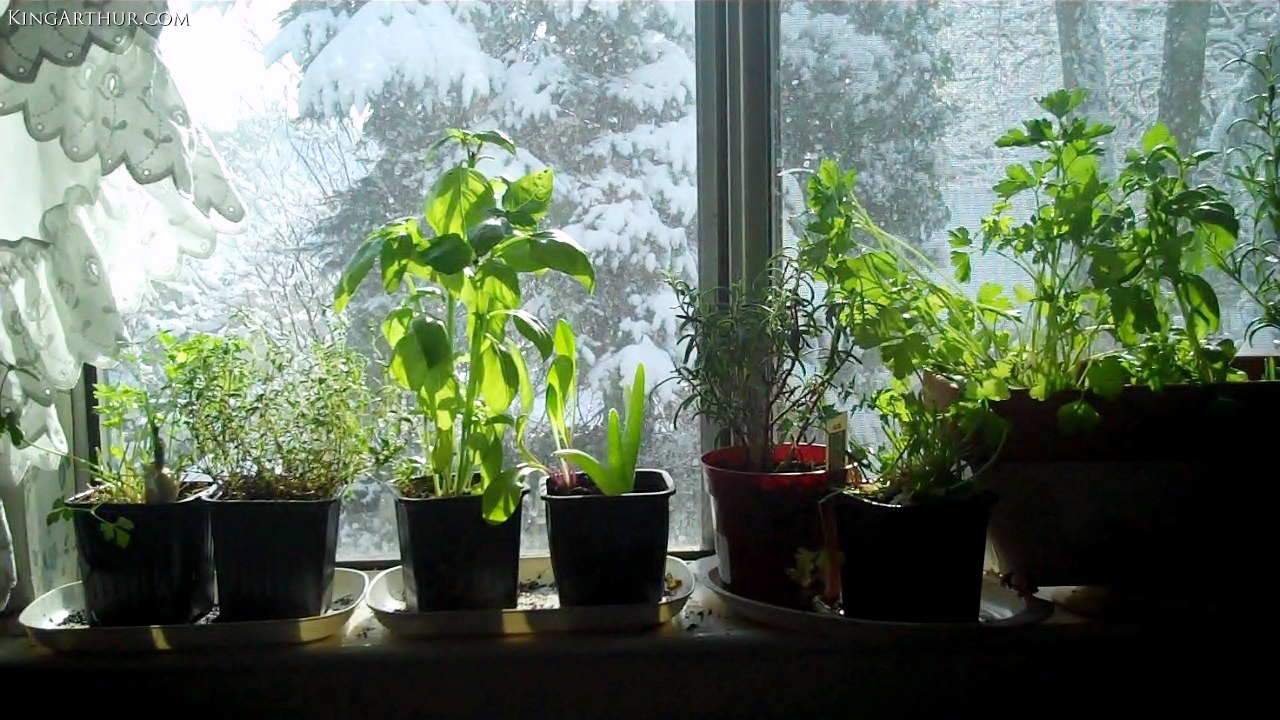Holiday Recipes and Preparing a Turkey
When it comes to Thanksgiving and Christmas, you can significantly increase the health benefits of your meals by adding fresh herbs to nearly everything you serve. Why not give the gift of knowledge and health?
Rosemary, thyme, and sage make an excellent combination when preparing a turkey. Finely dice the herbs for inclusion in stuffing, then create a rub by adding minced garlic greens. Apply the rub prior to cooking by working it under the skin and onto the meat itself.
Throughout the cooking process, sprinkle herbs over the top and onto the skin. By adding rosemary and thyme periodically, a wider range of health benefits is released. Methyl compounds and other volatile elements change state with temperature and moisture, enhancing both flavor and nutritional value.
Fresh herbs can also elevate side dishes. Add parsley to mashed potatoes, basil to vegetables, and mint to ice cubes for drinks. Keep aloe on hand for minor kitchen burns and as a natural hand cleanser. Aloe can be mashed with rosemary and thyme to create a soothing, antimicrobial hand lotion and moisturizer.
It is wise to experiment with recipes before the day of the feast. Cooking time, temperature, and method—boiling, steaming, microwaving, baking, frying, or grilling— can dramatically alter texture, flavor, and health benefits.
Some herbs, such as parsley leaves, are best added near the end of cooking or used as garnish, while parsley stems can be diced and used like celery at any stage. In general, adding herbs throughout preparation enhances both taste and nutrition.
Growing a Window Sill Herb Garden
Growing herbs on a window sill is a simple and effective way to eat well year-round. Garlic greens, chives, basil, aloe, parsley, sage, rosemary, and thyme all grow well near a window with southern exposure.
All of these herbs offer substantial health benefits. Placing them on a window sill over a kitchen sink provides easy access to water and convenience during cooking.
Touching and harvesting herbs has antibacterial qualities and helps prevent the spread of germs. Handling the plants also releases aromatic compounds that support aromatherapy. Herbs placed on a bedroom window sill help purify the air and add humidity—especially valuable during cold and flu season.
Keeping mucous membranes moist is critical for immune health. Lightly dusting plants with your hands and misting the leaves with water helps maximize these benefits.
- Window-Sill-Herb-Garden (1)
- Window-Sill-Herb-Garden (2)
- Window-Sill-Herb-Garden (3)
- Window-Sill-Herb-Garden (4)
- Window-Sill-Herb-Garden (6)

More on Foraging for Food in the Winter